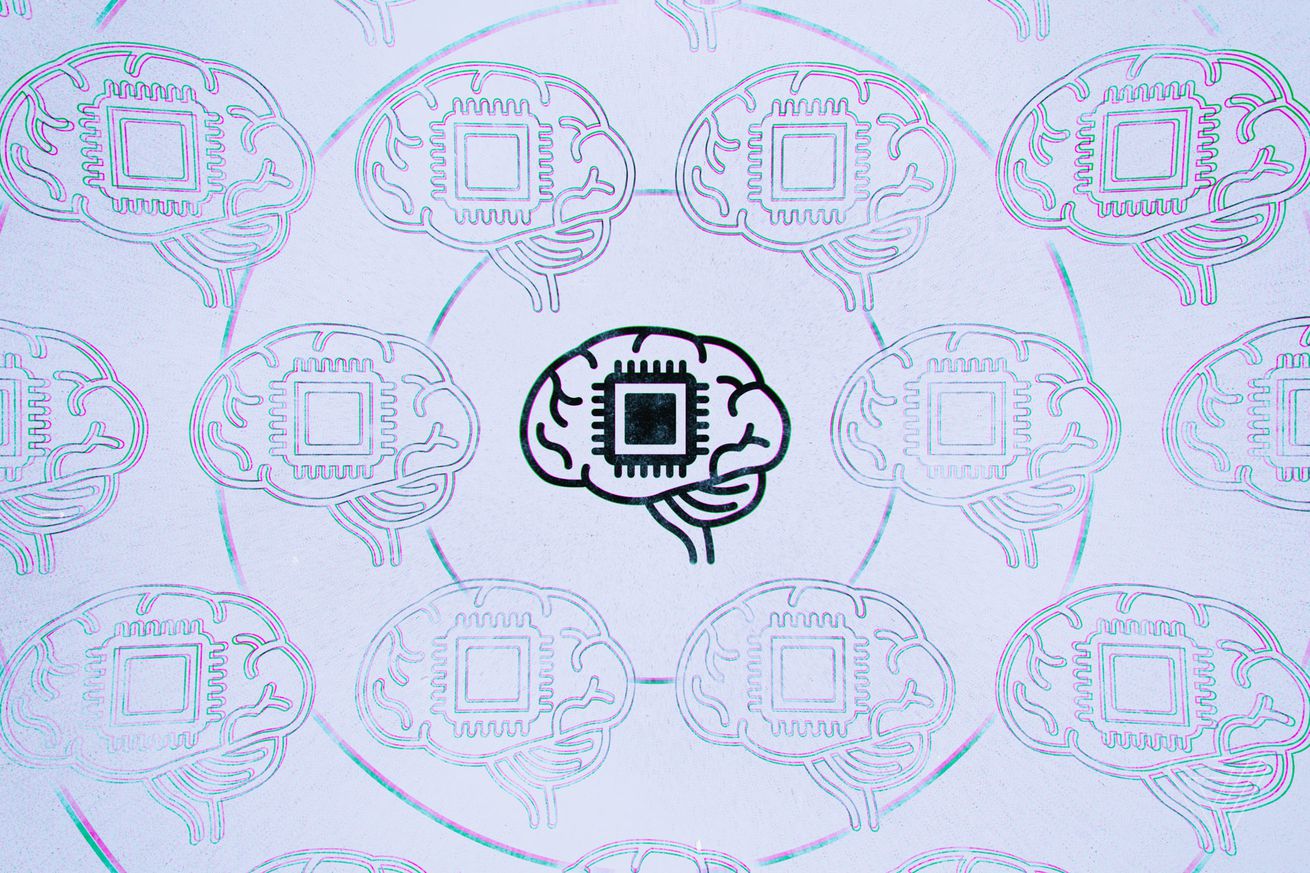
OpenAI opens waitlist for ‘experimental’ paid version of ChatGPT with faster answers
ChatGPT is a sensation — but one that’s burning a hole in creator OpenAI’s pocket, with the company thought to be paying millions of dollars a month to keep the chatbot free to use. It’s no surprise, then, that as OpenAI seeks billions in funding from close partner Microsoft, the company is experimenting with ways to monetize its software.
In the official company Discord, OpenAI shared a waitlist for what the company is calling “ChatGPT Professional” — an “experimental” paid version of ChatGPT with all the benefits you’d expect. OpenAI says ChatGPT Professional will be “always available,” offer “fast responses” with no throttling, and give users “at least” twice the daily number of answers compared to the free version of the chatbot.
“We’re starting to think about how to monetize ChatGPT (early thinking, nothing official to share yet),” said the company in a message on Discord (spotted by TechCrunch). “Our goal is to continue improving and maintaining the service, and monetization is one way we’re considering to ensure its long-term viability. We’re interested in chatting with some folks for ~15 min to get some early feedback.”
Anyone can sign up for the ChatGPT Professional pilot, with the request form including questions about how the respondent is using ChatGPT and what price they would consider fair. It includes the disclaimer: “Please keep in mind that this is an early experimental program that is subject to change, and we are not making paid pro access generally available at this time.”
Although a number of companies have been working on AI chatbots that are similar (and quite likely superior) to ChatGPT, OpenAI’s decision to make the tool free for anyone to access online has proved to be a canny one. It’s created a huge buzz around ChatGPT, with web users experimenting with the software in various ways, from writing college papers to authoring chat-up lines on dating apps (in the latter case: unsuccessfully).
OpenAI’s CEO Sam Altman has tried to dampen some of the hype, tweeting last month that ChatGPT is “incredibly limited, but good enough at some things to create a misleading impression of greatness.” Altman says the software struggles with “robustness and truthfulness” and that it would be “a mistake to be relying on it for anything important right now.” But that hasn’t stopped some companies experimenting with integrating ChatGPT into their workflows, and Microsoft itself is reportedly trying to use the software to improve Bing.
At the same time, OpenAI is reportedly seeking $10 billion in funding from Microsoft, which has closely partnered with the company in the past, supplying both the money and the computing power needed to train its AI systems. The deal would reportedly see Microsoft collect 75 percent of OpenAI’s profits until the Redmond giant makes back its initial investment. OpenAI already offers paid access to some of its software, like image generator DALL-E. Monetizing ChatGPT would be a logical next step.

